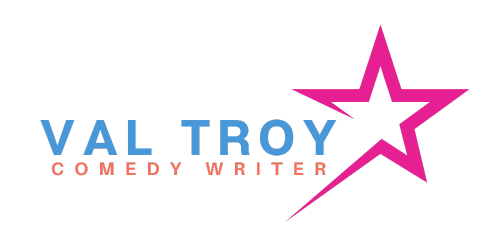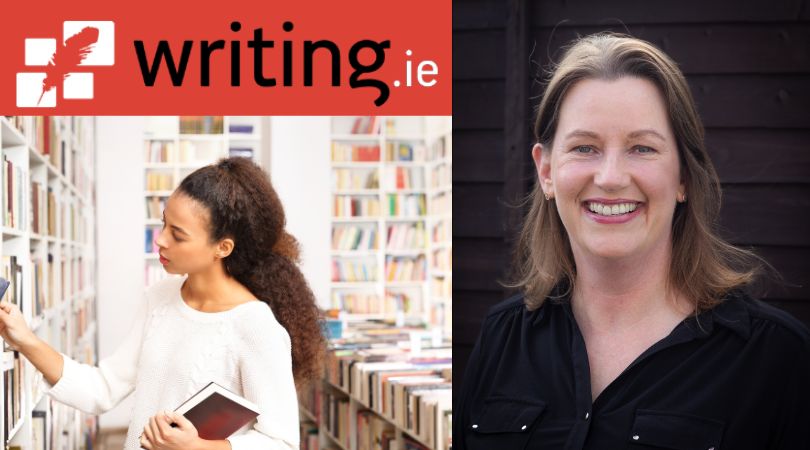Did you know that there are currently 330 local libraries in Ireland? The library service, completely free in Ireland, has approximately 765,000 registered members, over 13 million items, and over 110,000 eBooks and eAudiobooks in the collection, managed by more than 1,800 professional staff. According to Local Authority Customer Satisfaction surveys in 2023, public libraries are consistently valued as one of the most popular services a local authority can offer its residents. Impressive stats indeed and a reminder, if one was needed, of the ongoing importance of the library network to readers and authors alike.
However, beyond the impressive library statistics, there’s another crucial number to consider -the annual fee that authors, illustrators, and other contributors receive every time their book is borrowed from a public library. This is the Public Lending Right or Public Lending Remuneration (PLR) scheme. Since 1992, EU member states have been legally obligated to provide these creators with an exclusive right to lend their work, ensuring they are fairly compensated for their contributions.
Since 2012, the PLR scheme in Ireland has been managed in conjunction with the UK PLR system. A dual registration system allows you to register for UK and Irish PLR together.
Authors are compensated based on the frequency of book borrowings. In Ireland, the rate per loan for 2023 was 7.02 cent, and 13.69p in the UK. There is a cap on payments of €1,000 in Ireland and £6,600 in the UK. In the UK, payments are made for eBooks but to date, eBooks do not form part of the Irish payment.
Let’s address the elephant in the room. The Irish rate is low compared to our neighbours but that said, the rate per loan has increased from 4.39 cent in 2020 when a total of €200,000 was paid to authors. The budget in the UK has remained static at £6m.
However, it is important to note that this is a reward for your work for as long as your book is on loan in the library network, a period that is typically longer than the time a book would be on sale in bookshops. This means that, despite the low rate, the potential for earnings through the PLR scheme is still worthwhile and sustainable. Enid Blyton’s estate still earns PLR on her catalogue, a testament to the enduring value of her work.
The €1,000 cap is also low compared to the UK, but at least the cap is equitable, and all authors, not just those with commercially successful titles, have an opportunity to earn PLR.
So, what does the future hold for PLR author payments? In July 2023, Minister for Rural and Community Development Heather Humphries TD launched The Library is the Place: Information, Recreation, Inspiration, the National Public Library Strategy, which aims to increase the PLR rate by 50% over the five-year strategy’s lifetime.
Organisations such as the Irish Writers Union and the Society of Authors continue to advocate for increases in local government funding for PLR author payments.
Most Borrowed Titles
According to reports on data released from the Local Government Management Agency (LGMA), in 2023, children’s books represented 19 of Ireland’s top 20 most borrowed books. The most borrowed was Mr Snow from Roger Hargreaves’s Mr Men series. The top 20 was dominated by Jeff Kinney’s Diary of a Wimpy Kid series, several books from JK Rowling’s Harry Potter series, and Dav Pilkey’s Dog Man series. No Irish children’s authors were featured in the list. The only adult book in the top 20 was The Coroner’s Daughter by Irish writer Andrew Hughes.
The Discover Irish Children’s Books campaign aims to highlight and celebrate children’s books and address the anomaly that the Irish children’s bestseller list rarely features any of Ireland’s outstanding children’s authors. Visit www.discoveririshkidsbooks.ie for more details.
Regarding the top 20 adult books list, half of the list comprised Irish writers, including Claire Keegan, Graham Norton, Jo Spain, Donal Ryan, and Roisin Meaney. Two of Liz Nugent’s books, Strange Sally Diamond and Our Little Cruelties, also featured in the top 20. The only non-fiction book was Prince Harry’s memoir Spare, which was the fifth most borrowed title.
Eligibility for PLR payments
To qualify for payment, you should be named on the title page (rather than the cover) or entitled to a royalty payment from the publisher (but you do not have to own the copyright). Where two or more contributors are involved, you must agree on the percentage share before registration. Each contributor applies separately.
Contributors include writers, translators, original authors, editors/compilers, and illustrators/photographers. The https://plr.ie FAQ section provides guidance.
How to Apply
Ruth O’Leary, the Irish author of the bestseller The Weekend Break, is currently navigating the PLR registration system as a debut author. I checked in with Ruth to get an overview of the registration process.
The first step is to create a British Library Account online at https://plr.bl.uk/login and create your profile, a process that requires proof of ID. In Ruth’s case, her passport fulfilled the requirement, whereas her driving licence did not.
Once her valid account was activated, she registered her book using its ISBN. Once all relevant data was entered, she submitted her application, which, at the time of writing, is pending approval from PLR.
To ensure your book is included in the year-end calculations, all editions of the book (including eBooks and audiobooks) should be registered before 30 June each year. The PLR year runs from 1 July to 30 June, and payments are generally made in February. Based on Ruth’s experience, it is best not to leave it to the last minute to allow time for approval.
The UK PLR system was subjected to a cyber-attack in October 2023, and the resolution of this issue is ongoing. Some additional library services will come online as work continues, but there is currently no definitive timeline for fully recovering the damaged systems.
As a result of the attack, for a period, it was not possible to register for PLR. At the time of writing, the registration process is coming back online and is described as a ‘soft launch to register new users.’ Under the circumstances, delays can be expected.
Irish and UK authors, illustrators, etc., can claim payments from overseas PLR systems in other European countries by registering their works with the Authors’ Licensing and Collecting Society (ALCS), which administers PLR agreements with other countries. Many, but not all, countries have equivalent PLR-type systems, so if your works are lent in libraries worldwide, be sure to check the registration requirements accordingly.
Conclusion
It is positive that government policymakers are committed to supporting and strengthening our public library network and author payments. That network undoubtedly provides significant benefits to society. For now, the reward for authors’ work can be described as meagre, at best, but at least the rate is moving in the right direction.
Therefore, I think it is fitting to thank authors and contributors for including their works in the national library catalogue (for there is no obligation to do so) and acknowledge the ‘gift’ that they, in turn, provide to society to enjoy their works.
Original article published in https://www.writing.ie/



Recent Comments